What are the greatest cyber threats to a recruitment agency?
With so much sensitive business and personal candidate data, recruitment firms are a highly attractive target for threat actors. What methods are most commonly used to breach recruitment agencies? And what can they do to protect business, their staff, and their candidates?
Phishing Attacks:
Recruiters may receive phishing emails pretending to be from job applicants or candidates, attempting to steal login credentials or spread malware.
Account Takeover:
Account takeover attacks aim to gain unauthorised access to recruiters and job platform accounts. Cyber criminals may use stolen credentials obtained from data breaches to log into accounts, manipulate job postings, redirect payments, or engage in identity theft.
Data Breaches:
Data breaches involve unauthorised access to and exfiltration of sensitive candidate or employee data. This information can be used for identity theft, fraud, or sold on the dark web. Recruitment agencies are attractive targets due to the wealth of personal information they possess.
Business Email Compromise (BEC):
BEC attacks involve threat actors impersonating executives or high-ranking individuals within recruitment agencies to deceive employees into making fraudulent payments or sharing sensitive information. These attacks often exploit trust, using urgency to convince recipients to take actions that benefit the attackers financially.
Fake Job Postings and Recruitment Scams:
Threat actors create fake job postings on legitimate job platforms or set up fraudulent recruitment websites to collect sensitive personal information, request payment for fake background checks, or engage in advanced fee fraud schemes.
Social Engineering Attacks:
Social engineering attacks involve manipulating individuals to gain unauthorised access or extract sensitive information. This can include pretexting, where cyber criminals pose as trusted individuals, or spear phishing, targeting specific individuals within recruitment agencies.
What should recruitment agencies do to stop attacks on them, their people and their candidates?
There are various measures to consider both from an end user and business perspective:
Employee Training and Awareness:
Given the wealth of data at their fingertips, educate your recruitment execs and test them regularly to ensure they do not mistakenly mishandle malicious content appearing to be legitimate. Educate your entire agency about common cyber threats, phishing scams, and social engineering techniques. Provide regular training sessions to raise awareness and teach best practices for identifying and reporting suspicious emails, links, or activities. Encourage a security-conscious culture within the organisation.
Strong Password Policies and Multi Factor Authentication:
Enforce strong password policies that require complex and unique passwords for all accounts. Consider implementing password managers and multi-factor authentication (MFA) to add an extra layer of security to employee accounts.
Secure Network and System Configuration:
Follow best practices for network security, such as using firewalls, intrusion detection systems, and secure Wi-Fi networks. Configure systems with the principle of least privilege, granting employees only the necessary access privileges to perform their roles.
Robust Endpoint Security:
Implement endpoint protection measures, including antivirus/anti-malware software, host intrusion prevention systems (HIPS), endpoint detection and response (EDR) as well as zero trust solutions. Regularly scan endpoints for malware and other threats.
Secure Data Storage and Encryption:
Safeguard sensitive candidate and employee data by using encryption for data at rest and data in transit. Ensure that data storage and cloud service providers have robust security measures in place, and regularly review and update access controls.
Incident Response and Recovery Plan:
Develop a comprehensive incident response plan that outlines procedures for detecting, responding to, and recovering from cyber security incidents. Establish a designated incident response team, define roles and responsibilities, and conduct drills and tabletop exercises to validate the plan.
Vendor Risk Management:
Assess and manage the cybersecurity posture of third-party vendors and partners, particularly those with access to sensitive data or critical systems. Ensure that they meet appropriate security standards and contractual obligations.
Regular Security Assessments and Audits:
Conduct regular cyber security assessments and penetration testing to identify vulnerabilities and potential entry points. Perform internal and external audits to evaluate compliance with security policies, standards, and regulatory requirements.
By implementing these measures, recruitment agencies can significantly reduce their risk of being targeted by cyber criminals and enhance their ability to detect, prevent, and respond to potential cyber threats. To learn more about how Amicis are supporting recruitment agencies in staying ahead of the threat landscape and using security to enable their growth, get in touch with us here or email hello@amicisgroup.co.uk
